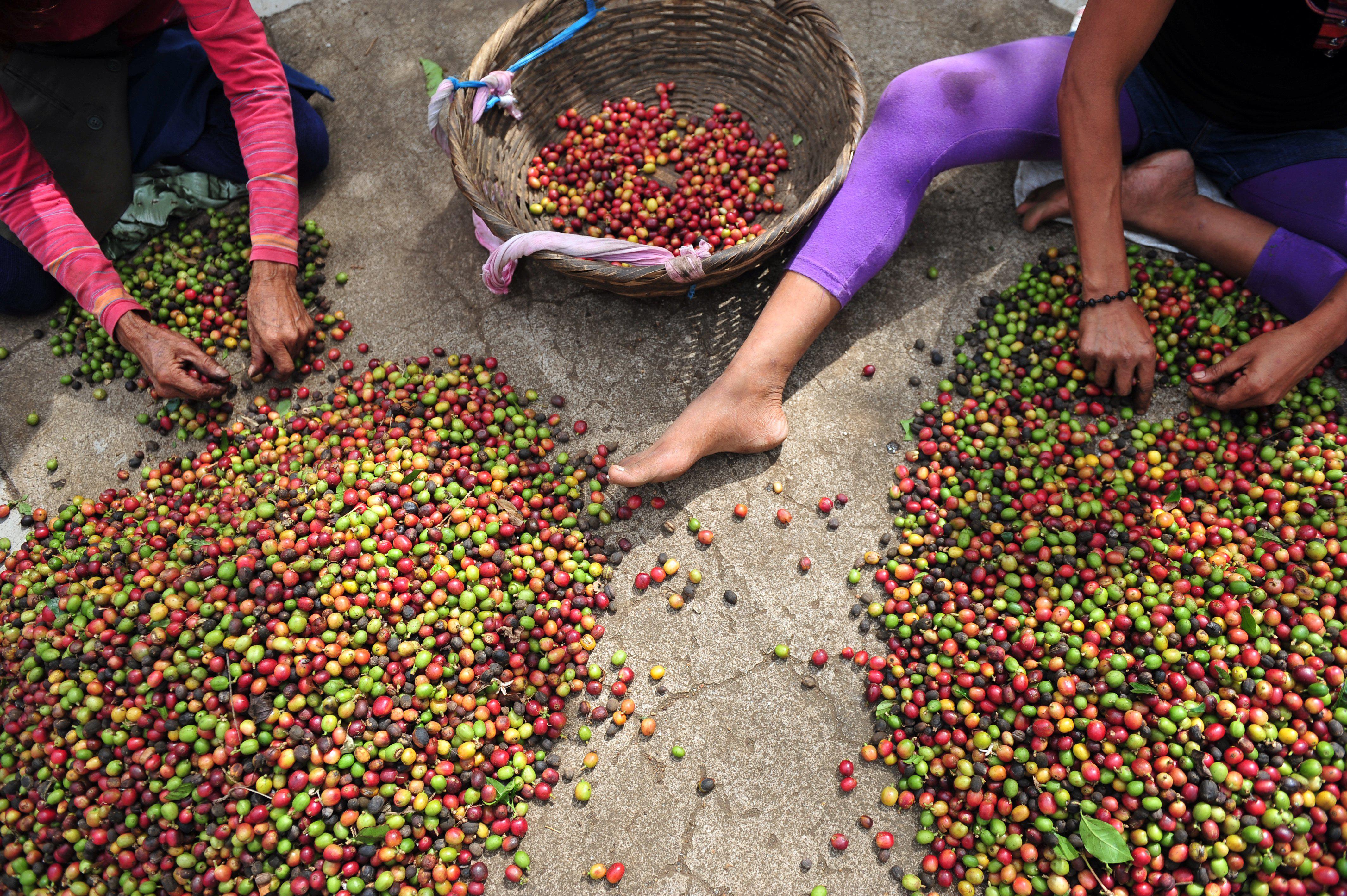Blake Mycoskie of Toms shoes fame announced at South by Southwest yesterday that his company is getting into the coffee business. Fortune reports:
For every bag of TOMS beans sold, a person in Rwanda, Malawi, Guatemala, Honduras, or Peru – the areas where TOMS is sourcing beans – will get clean water for a week; for every cup, someone gets water for a day.
In addition to a chain of cafés, the coffee will be available at Whole Foods.
Toms has been a pioneer of the “buy one, give one” model—for every pair of shoes purchased by customers, a pair is donated in a poor country—but has been criticized by many development experts for both undercutting local industries and being an inefficient way to help people in need. Mycoskie has, to his credit, been taking this criticism seriously and has taken a number of steps to improve the model.
But why coffee? The experience of the “fair trade” movement has demonstrated that coffee is one product whose consumers are uniquely willing to pay more in the name of ethics.
As I wrote last year based on a report on fair-trade goods by the Center for Global Development’s Kimberly Elliott, “in the United States at least, when we talk about fair trade-certified goods, we’re largely talking about coffee. And within that category, we’re largely talking about Starbucks.”
Coffee accounts for about half of the U.S. fair-trade market in volume terms—no other product even comes close—and Starbucks, which began selling fair-trade coffee in 2000 under pressure from activists, accounts for about 16 percent of worldwide fair-trade coffee sales.
Often, fair-trade coffee is marketed as being of higher quality—Starbucks has actually been moving away from fair-trade labeling in recent years because it doesn’t want to imply that its other products are unfair—and coffee drinkers are more willing to absorb the markup than consumers of other products.
The evidence for whether “fair trade” certification actually helps the people who farm the coffee is decidedly mixed. In countries like Nicaragua, benefits to farmers from higher prices are often wiped out by the higher production costs involved with getting “fair trade”-certified, though Elliott argues that it can help coffee producers gain access to international markets.
But whether or not fair trade “works,” customers are certainly willing to buy it, so it makes sense as an area of expansion for Toms—another company that has shown that ethical capitalism can work as marketing, even if its record at helping people in need is decidedly mixed.
